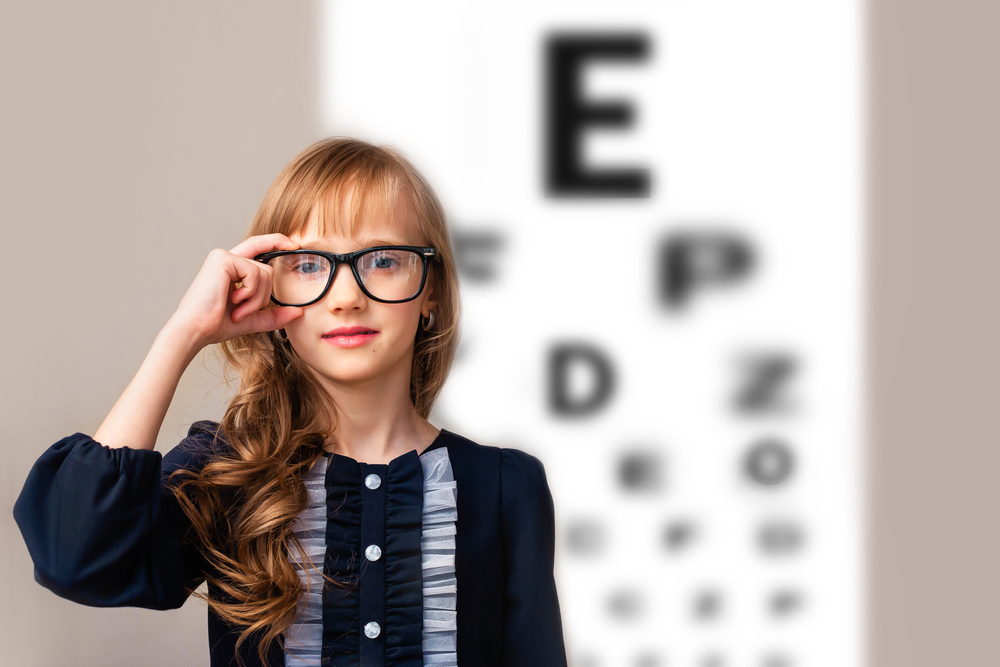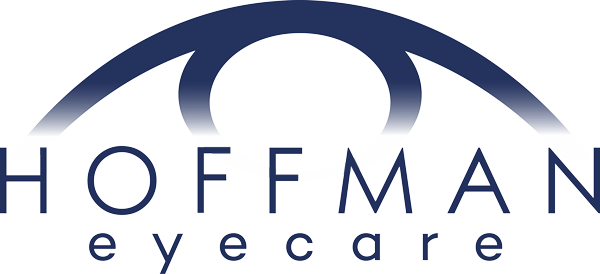
Myopia, commonly known as nearsightedness, is a vision condition where distant objects appear blurry while close-up vision remains clear. It occurs when the eyeball grows too long or the cornea is too curved, causing light to focus in front of the retina instead of directly on it. Myopia typically develops during childhood and can progress over time, leading to higher prescriptions.
While glasses and contact lenses correct blurry vision, they do not slow myopia progression. High myopia increases the risk of serious eye health complications, including retinal detachment, glaucoma, cataracts, and myopic maculopathy.
What Is Myopia Management and How Does It Help?
Myopia management refers to specialized treatments that slow the progression of nearsightedness. Unlike standard corrective lenses, these methods aim to reduce the rate of eye elongation, helping to lower the risk of severe myopia-related complications later in life.
By controlling myopia progression, patients may require lower prescription lenses in adulthood, experience better vision stability, and significantly reduce their chances of developing sight-threatening conditions.
Effective Myopia Management Strategies
Several scientifically backed myopia management strategies are available, and the right choice depends on individual needs and lifestyle. The most effective options include:
1. Orthokeratology (Ortho-K)
Ortho-K lenses are specially designed rigid gas-permeable contact lenses worn overnight. These lenses gently reshape the cornea while you sleep, allowing for clear daytime vision without the need for glasses or daytime contacts. Ortho-K has been shown to slow eye elongation and myopia progression, making it an excellent non-surgical option for children and teens.
2. Atropine Eye Drops
Low-dose atropine eye drops have proven effective in slowing myopia progression. Atropine works by relaxing the eye’s focusing mechanisms and reducing eye elongation. This treatment is often used in combination with other myopia control methods for optimal results.
3. Multifocal Soft Contact Lenses
Multifocal contact lenses are designed with specialized optics that help control myopia progression. These lenses provide clear vision while also influencing how light is focused in the peripheral retina, which signals the eye to slow its growth. Many children and teens find multifocal contact lenses a comfortable and convenient alternative to traditional glasses.
The Importance of Early Myopia Control
The earlier myopia management begins, the more effective it can be in reducing long-term risks. Annual eye exams play a crucial role in detecting myopia early and determining the best treatment approach. Since myopia progresses most rapidly in childhood and adolescence, proactive treatment can significantly improve visual outcomes.
Schedule Your Child’s Eye Exam with Hoffman Eyecare Today
Myopia is more than just a vision problem—it’s a progressive condition that can lead to serious eye health issues later in life. Fortunately, myopia control treatments like Ortho-K, atropine eye drops, and multifocal contact lenses offer effective solutions to slow its progression and protect long-term vision. By addressing myopia early, patients can enjoy clearer sight and a reduced risk of future eye complications.
Schedule your child’s eye exam with Hoffman Eyecare to learn more about our customized myopia control solutions. Visit our office in Westfield, Indiana, or call (317) 339-1530 to book an appointment today.






